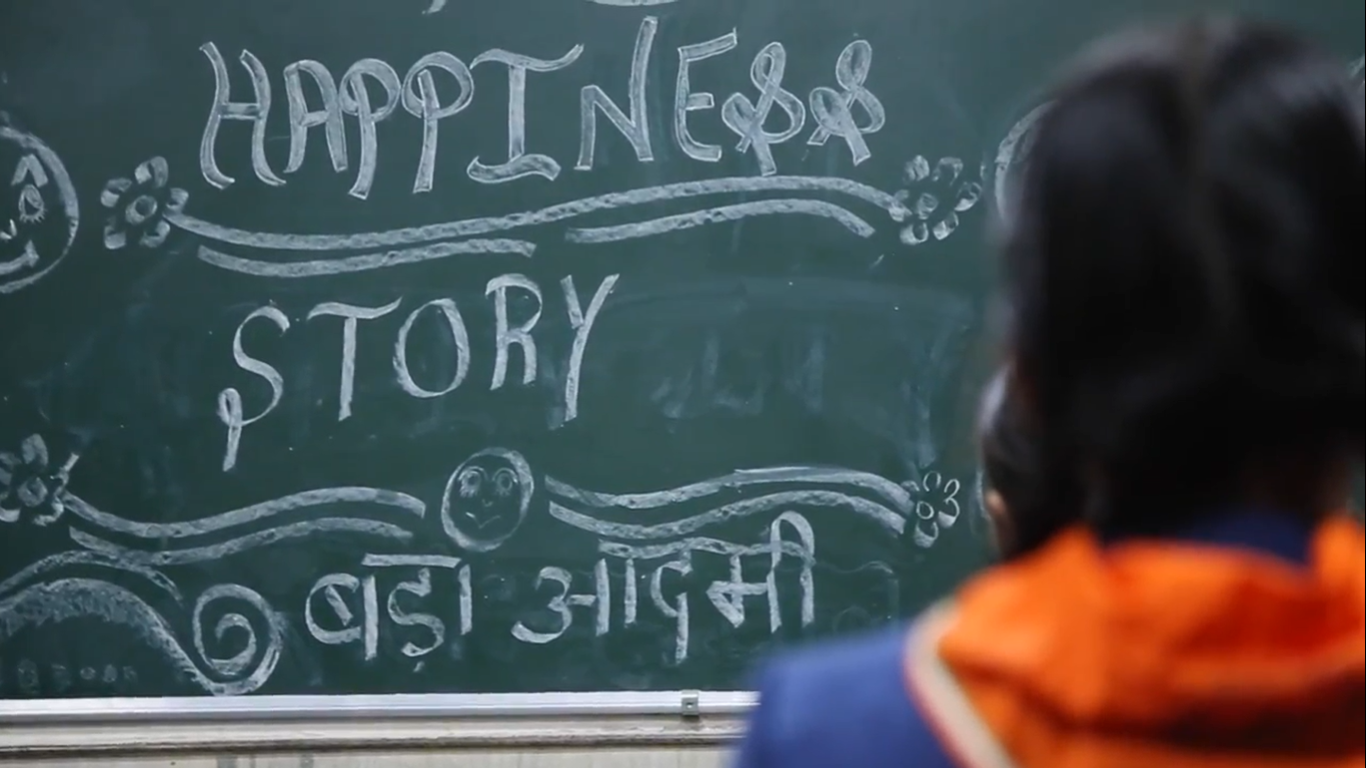Dream a Dream publishes an Annual Impact Report every year based on the data collected and analysed using the DLSAS* and a host of other output and outcome indicators. Impact Evaluation using the DLSAS is administered at the beginning and the end of each programme year between June – March. In addition, Stories of Change, Feedback Surveys and Testimonials help us collect qualitative impact of the programme.
In this report for the year 2016-17, we have analysed our impact across three programmes – The After School Life Skills Programme (ASLSP), The Career Connect Programme (CCP) and the Teacher Development Programme (TDP).
In ASLSP and CCP, we have analysed impact based on the Life Skills Assessment scores and correlated it to enrolment, attendance, retention data across age groups, gender and the sub-programmes chosen. Additionally, in ASLSP we have been tracking young people who have re-engaged in the programme for multiple years (since 2013-14) to understand the long-term impact. In the CCP, we have been tracking young people who have graduated to ascertain their meaningful transition to adulthood and productive careers. In TDP, since it’s a pilot programme, our primary analysis has been feedback surveys from teachers around the quality of the training imparted to them.
HIGHLIGHTS FOR THE YEAR 2016-17
Our Annual Impact report demonstrates that 95.50% participants in ASLSP and 99.68% participants in CCP showed a positive improvement in Life Skills (assessed using the DLSAS) through the year.
The analysis also shows a strong correlation between baseline scores and improvement through the year i.e., lower the baseline score, higher the improvement by participants. This is significant since it establishes that a high-quality intervention can help participants who are struggling due to ‘failure to thrive’ to catch-up to their development milestones within just a year of programme engagement.
The longitudinal study in ASLSP over 4 years revealed that re-engaged participants (participants who come back and join the programme from one academic year to the next) begin the next year with a higher baseline score and also end with a better end line score as compared to the newly enrolled participants in the programme. This further establishes that Life Skills interventions have to be consistent and sustained over many years for long-term impact.
The tracking of graduates in the CCP revealed two interesting insights – 1) Dream a Dream’s life skills interventions has ensured that over 97% of graduates are meaningfully engaged with higher education, life and careers. 2) A sustained and consistent tracking and engagement ensures that even if young people drop out, they can be brought back to make healthy life choices. Of the 50 participants who had dropped out of education due to a variety of external factors since 2013-14, 39 were able to re-engage meaningfully with education, careers and life through a consistent life skills intervention.
Analysis of feedback surveys from teachers in TDP revealed that a minimum of 96% of teachers were positively impacted through the Life Skills Facilitation workshops. TDP helped teachers increase their understanding of themselves and their role as a teacher. The workshops helped them to develop empathy, listening and validation skills. The teachers also learnt how to build and sustain a supportive learning community.
You can read the complete report here.
*Kennedy, F., Pearson, D., Brett-Taylor, L., Talreja. V. (2014) The Life Skills Assessment Scale: Measuring Life Skills of Children in the Developing World. Social Behaviour and Personality 42(2) 197-210. http://impact.sp2.upenn.edu/ostrc/doclibrary/documents/LifeSkillsAssessmentScale.pdf The DLSAS is the first of its kind peer-reviewed, standardised and published scale to measure improvements in life skills amongst disadvantaged young people. The scale assesses 5 core life skills – a) Ability to take initiative b) Ability to interact with one another c) Ability to overcome difficulties and solve problems d) Ability to manage conflict e) Ability to understand and follow instructions.


